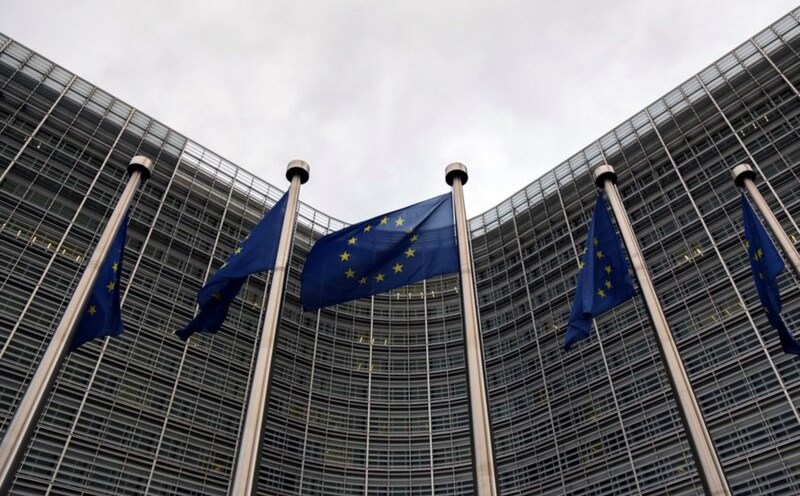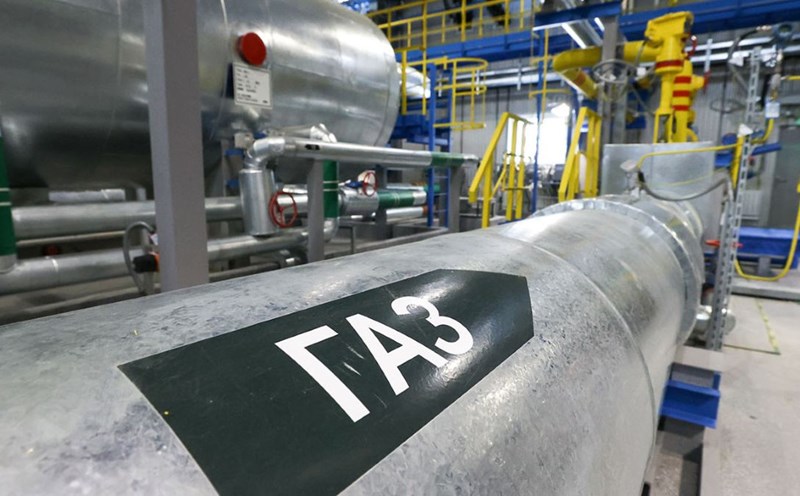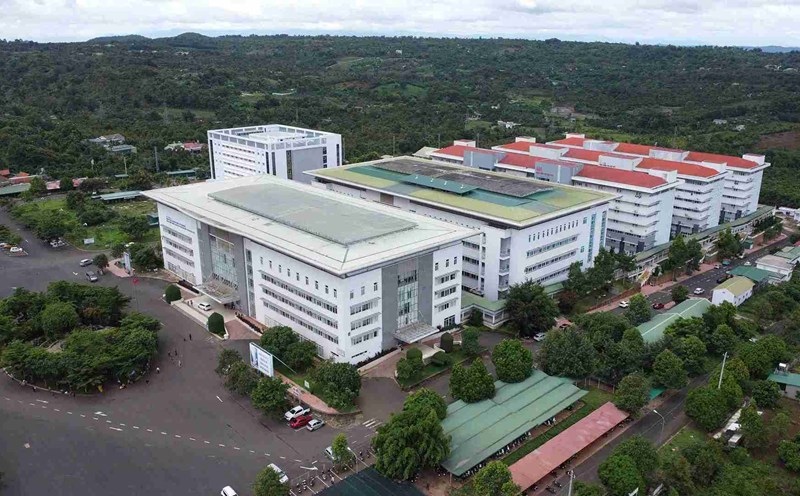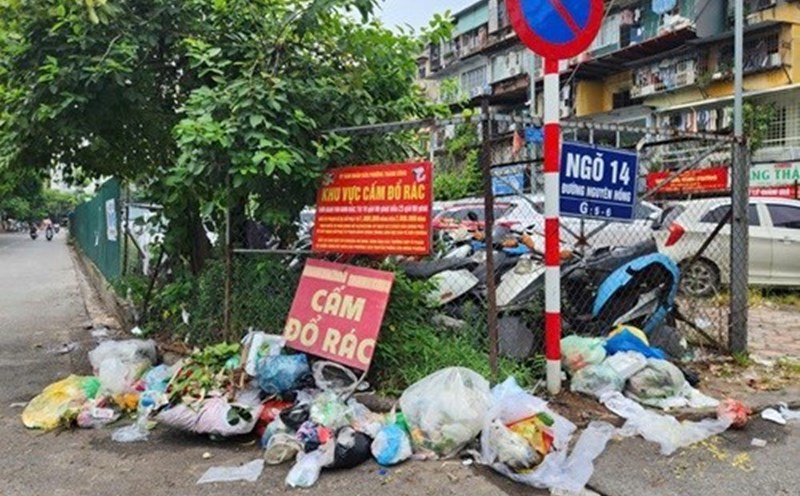On September 19, Spanish Economy Minister Carlos Cuerpo announced that the Spanish Government fully supports the European Commission's initiative to use Russia's frozen assets held in the European Union to provide finance for the Ukrainian government. He stressed that Spain will increase financial support and seek creative ways to use those frozen funds.
Part of Spain's strategy is to gradually reduce and narrow imports of liquefied natural gas (LNG) from Russia. The country is seeking alternative supplies from the US and other partners to reduce its dependence on energy in Russia.
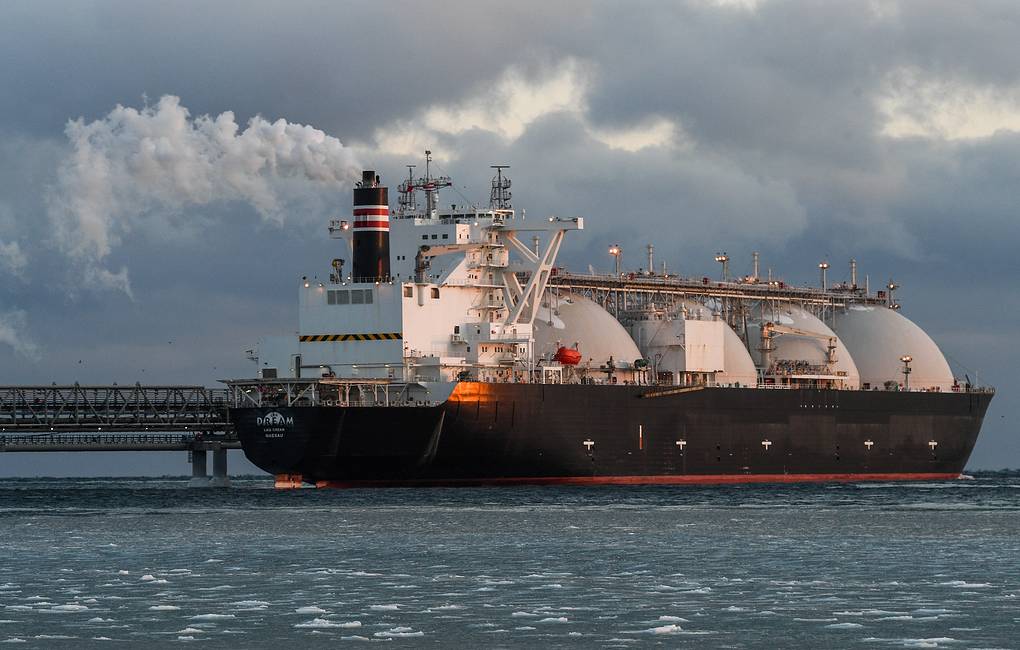
The European Union has long frozen the assets of the Central Bank and Russian individuals and organizations as part of the sanctions package after Russia launched a military campaign in Ukraine. There are currently about 210 billion euros ($226.8 billion) of Russian state assets frozen in Europe, mainly cash and stocks.
Ms. Ursula von der Leyen - President of the European Commission - previously proposed a new package of sanctions (package 19) including partly speeding up the ban on imports of gas from Russia, especially LNG. The goal is to completely end energy imports from Russia by 2027 or sooner.
However, the use of frozen assets comes with many legal challenges and backlash from Russia. Russia has warned that there will be retaliatory measures if assets are transferred or used for purposes for which they are a loss loss.
Analysts say Spain is heavily engaged in this trend because it has a large LNG import system from Russia and diversifying supply will help reduce geopolitical risks and energy prices.
Mr. Cordoba Barca - a Spanish energy expert - commented: "The world gas price is fluctuating and we do not want to be stuck in a situation where prices are forced".

